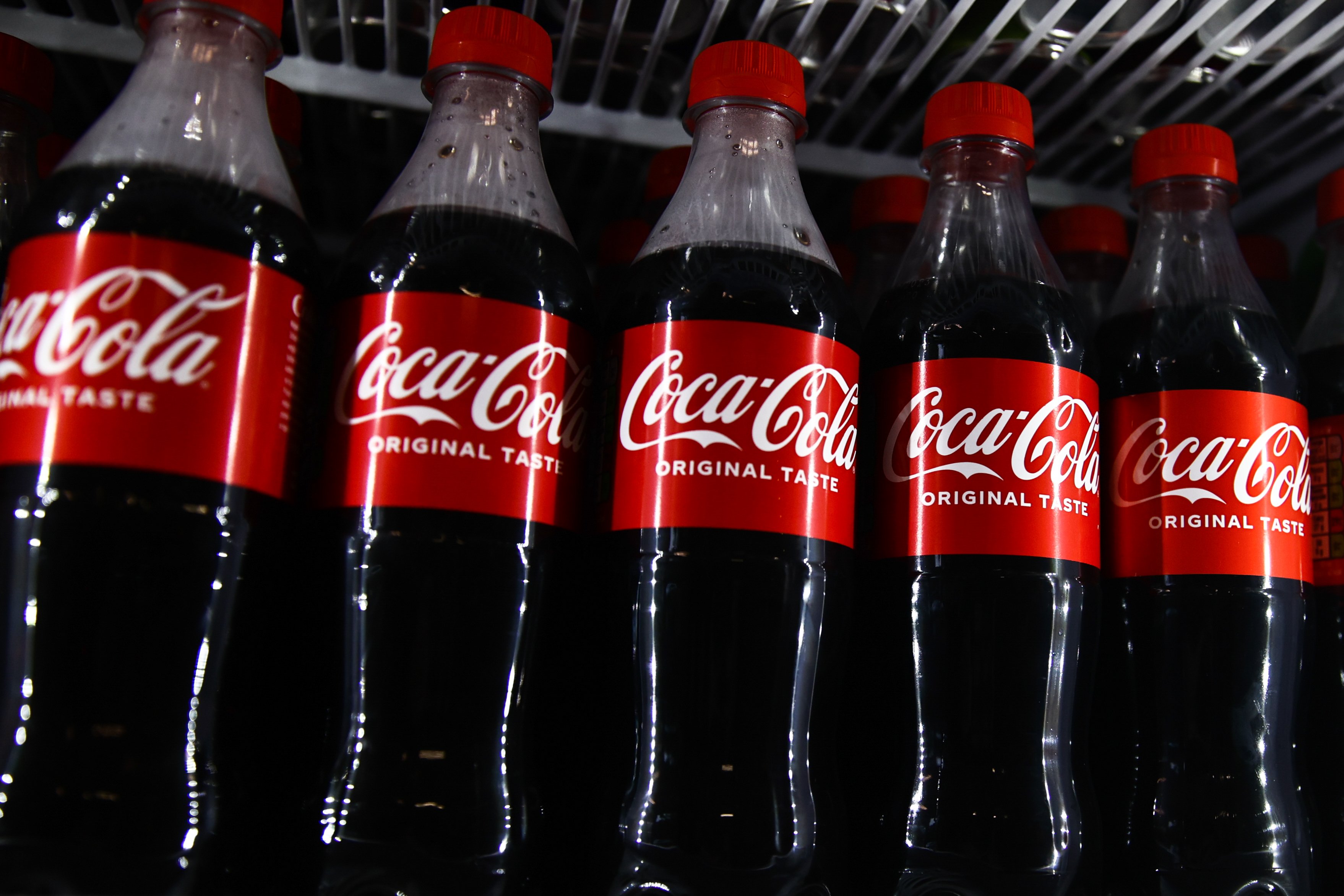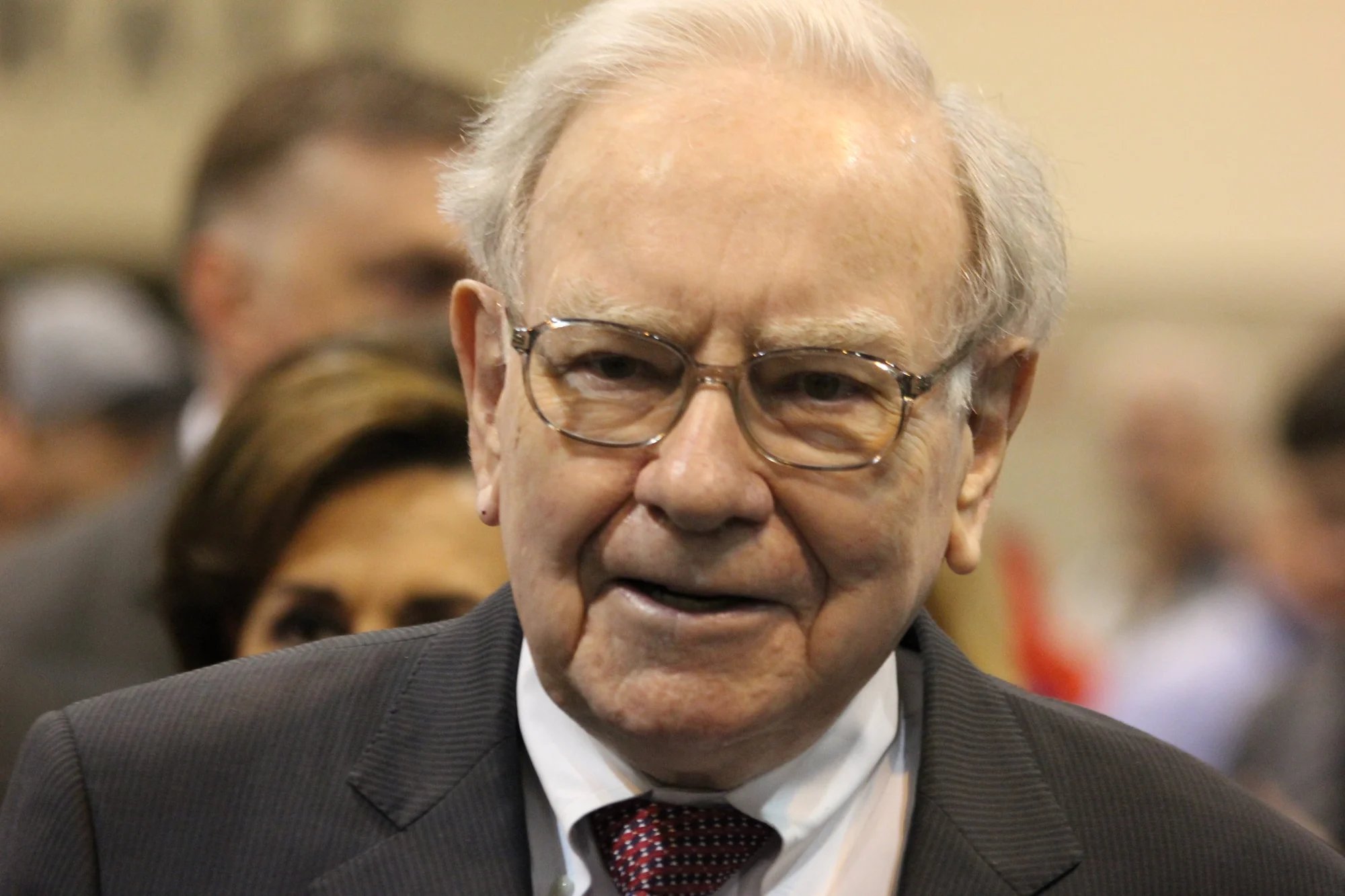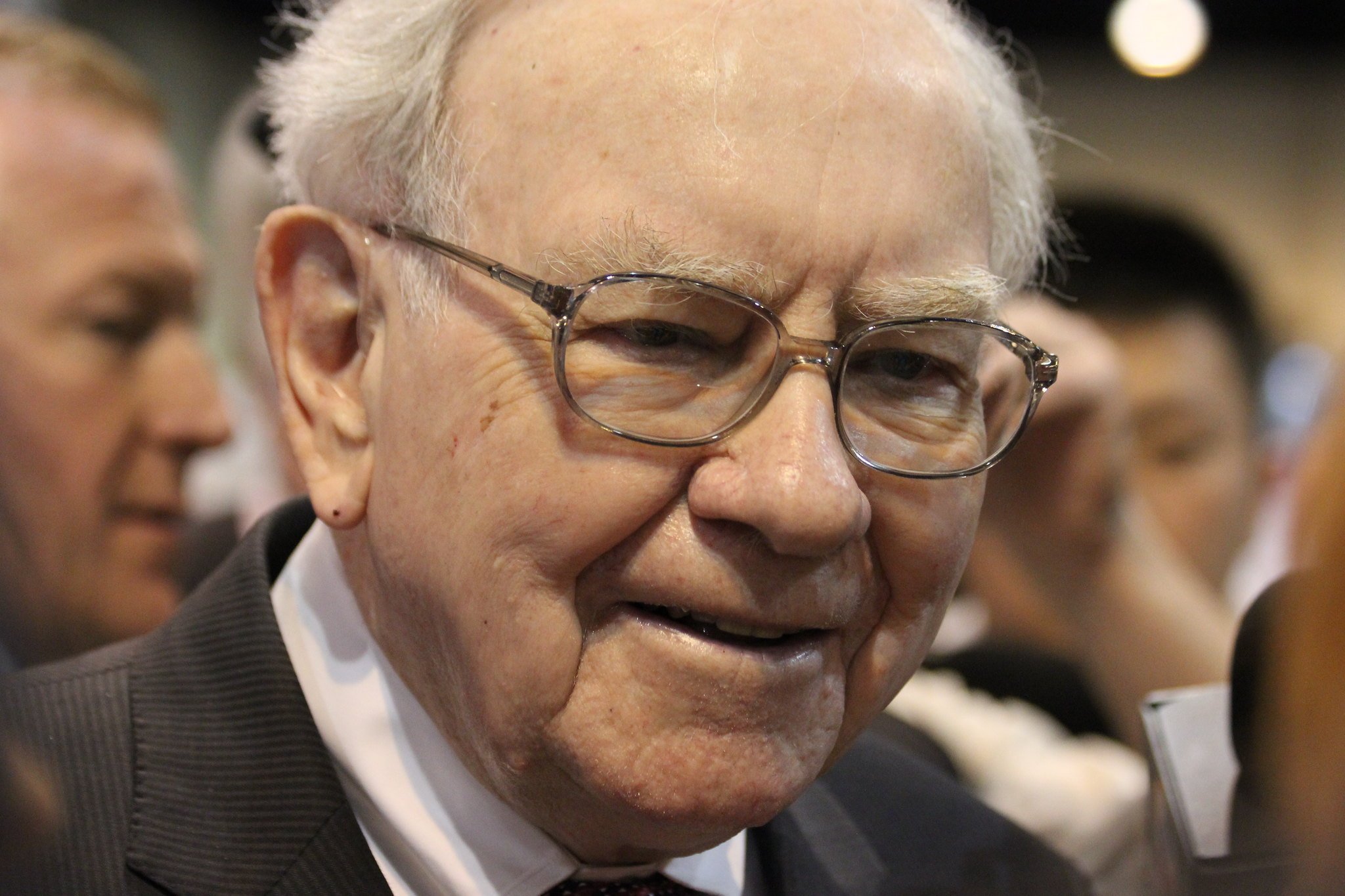Seth Goldman and Barry Nalebuff founded Honest Tea in 1998. In the recently released Mission in a Bottle, the co-founders tell -- in comic book form -- the story of building a successful mission-driven business. Goldman, now president and "TeaEO" of Honest Tea, joins Motley Fool CEO Tom Gardner to discuss sustainability, entrepreneurship, and what it means for a socially responsible, health-oriented business to be bought by Coca-Cola (KO +1.64%) .
In this video segment Goldman recalls some of the toughest times for Honest Tea, from a safety crisis at the bottling plant to the challenges of raising money as the entire industry -- especially smaller companies -- came to a standstill in the wake of 9/11.
Tom Gardner: Maybe this picture: You've got a successful product, now, out in the market. You're gaining distribution, and you wake up to the reality that operations are a bigger challenge than you had thought.
Seth Goldman: The biggest mistake we make -- and I still sometimes wake up in a cold sweat thinking about it -- was we owned a bottling plant for six years. We had to figure out how to make the product. The first summer, we found an apple juice plant in Buffalo that was able to make it, and they did OK. They were fine.
But when they got to the fall and it was apple juice season, they were like, "Good bye, Honest Tea. We've got to make apple juice."
I'm like, "Well, we need to make some tea. If we don't have a product, we go out of business." So, in a moment of weakness we become investors in a bottling plant and, for six years, I was shuttling back and forth between Pittsburgh.
It's one thing not to have any experience building a beverage brand. It's another thing to not have any experience running a bottling plant, so we lost money, I lost time, energy, focus -- and there were plenty of other unsavory events.
Gardner: Actually, there was the national story that happened with glass in one of the bottles.
Goldman: That wasn't a national story. We had a situation where two different pieces of glass showed up in two different bottles, and we voluntarily withdrew. It was action we took ...
Gardner: Yes. But there was another company that didn't take that measure.
Goldman: That's right, yes. And they went out of business.
Gardner: Because more glass showed up in their bottles, and then it spiraled out of control.
Goldman: Yes. Whole Foods has a "three-strikes" policy. We were two strikes, and we said, "We're not going to risk the third." They risked the third. They were out.
Gardner: What about the process of raising money? We've talked a little bit about it -- the early round of investors -- but there's a lot of discussion about negotiation. For an entrepreneur out there who's thinking about raising their next round, what advice do you have for them?
Goldman: In the long term, we did the right thing by raising money just from angel investors. These were people who were friendly, but we were probably aggressive in what we thought the company was worth.
In one situation, we said, "We're going to say the company is worth this, and if we hit these goals, it's worth it. If we don't hit it, we'll take an adjustment down." The problem with that guarantee was the year we made it was 2001. We made it in June of 2001, and when 9/11 hit -- especially for the small companies -- the whole industry froze. Sales basically stopped. Our distributor in New York actually had a truck that collapsed under the buildings.
No one was answering. I couldn't even call people to say, "Do you want to invest in Honest Tea?" That was the downside of that approach. But in the long term, I believe we got across the finish line with control of the company because of the way we raised the money.
Gardner: How about the initial warrants approach? Can you explain what warrants are and how Barry thought...?
Goldman: As one of our investors said, we had developed a structure that only a game theorist could love -- and Barry is a game theorist, so that was accurate. Most entrepreneurs, when they set up a company, they'll give themselves penny stocks. They'll start off owning 80% of the company, and then they go down from there.
We did the opposite. We invested at the same level as all of our investors, so we got diluted. But as the company grew in value, we had options to buy more stock. Actually, as the value of the company grew -- for a period of time -- our ownership grew, but no one was upset because we were growing the overall value of the enterprise. It aligned our interests with the investors'.






